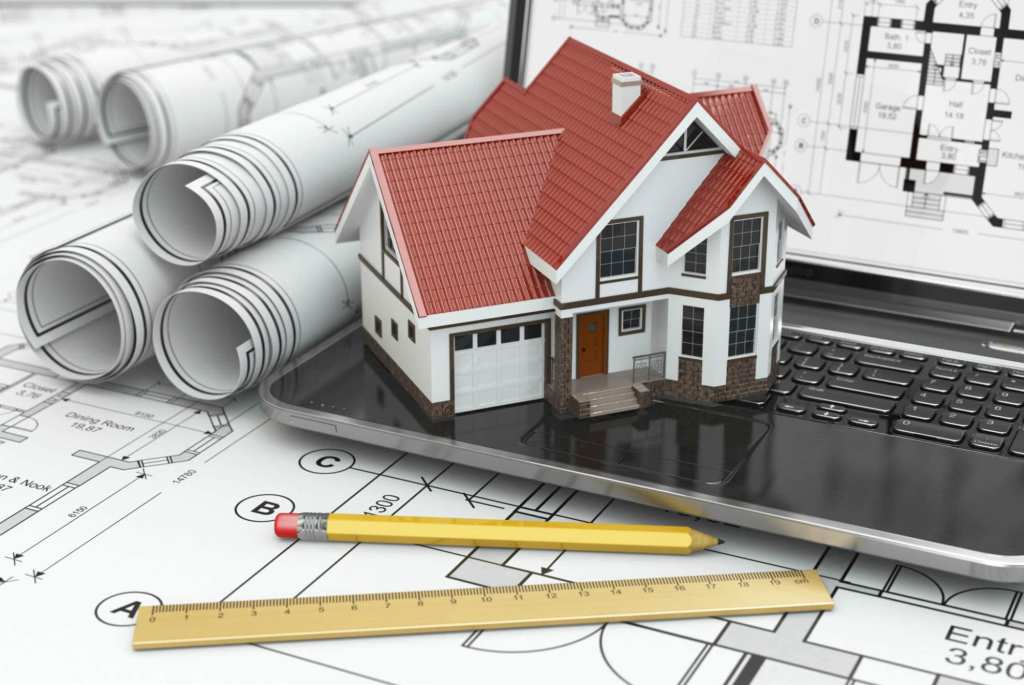- November 17, 2022
- 0 Comments
- By Ama2023
The decision to build a new house or renovate an existing one hinges on evaluating the prospects of customization against the challenges of revitalization. It involves critically assessing one’s resources, timeline, and desired outcome in the context of current housing trends.
Lets begin with a comparison whether building a new home or renovating an old one is better.
Weighing Costs: Budget Considerations for New Builds and Renovations
Building a new home presents a unique opportunity to create a space that’s entirely yours from the foundation up. The costs can be high, but they’re predictable. Materials, labor, permits — they add up, but you know what you’re paying for. Contrast that with renovating an existing structure, where surprises lurk behind every wall. Budget overruns are common when you discover outdated wiring or plumbing that needs an upgrade to meet current codes.
Design Dreams: Customization vs. Character New Builds and Customizations
Choosing to build a new home means starting with a blank slate. You get to decide the layout, the number of rooms, and the design features. It’s a chance to incorporate modern efficiencies right from the start. On the flip side, renovating allows you to preserve the character of an older home. It’s about striking a balance between the charm of yesteryear and the conveniences of today.
Location, Location, Renovation?
Often, the choice between building new and renovating isn’t just about the house itself — it’s about where it’s situated. For example, browsing through Ottawa homes for sale, you might find a location you love, but the house on the property might not be quite what you had in mind. Renovating could make it your dream home without sacrificing the ideal location.
Time Investment: Patience Required for Both
Time is a resource just as important as your budget. Building a new house can take a year or more before you can move in. Renovating isn’t necessarily quicker, especially with the potential for unexpected delays. Think about your timeline and how flexible you can be.
Community and Connection: Considering the Broader Impact
Your decision impacts more than just your household; it ripples out to the neighborhood and community. New constructions can rejuvenate underdeveloped areas or, conversely, strain existing infrastructures. Renovations might preserve the historical fabric of a community, maintaining the aesthetic and spirit of a neighborhood. Engaging with local planning projects, community boards, and future neighbors can provide insights into how your home might fit into the larger picture.
Long-Term Planning: Considering the Lifespan of Your Home
When you’re weighing the options of building a new or renovating, consider the long-term implications of each. A new home, built with the latest materials and technologies, is likely to require less maintenance in the short term. But don’t underestimate the longevity of older homes; they were often built with materials that were meant to last, and with proper care, they can continue to stand strong. Both paths require a commitment to maintenance and a willingness to adapt to the changing needs of your home over time.
Making the Decision: Your Lifestyle, Your Choice
Ultimately, the decision to build new or renovate an old home is deeply personal. It depends on your lifestyle, your needs, and your vision for your future. Do you want the challenge and reward of preserving a piece of history? Or do you crave the certainty and creativity of constructing a new home?
Conclusion
Finalizing the decision to build a new or renovate requires a thoughtful analysis of one’s aspirations and practicalities. This decision-making process is pivotal in shaping a living space that reflects personal style and meets functional needs.

